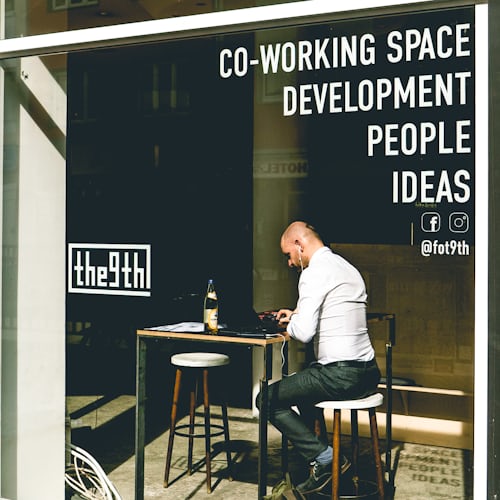When Only Lovers Left Alive came to my attention, I had mixed feelings. My older and wiser self is forever trying to repress the memory that I once attended a midnight screening of the second Twilight installment, and this is because after viewing countless vampire films and television programmes, I have come to the realisation that this particular genre is just not for me. Tom Hiddleston and Tilda Swinton, on the other hand, most definitely are for me. Two of my favourite actors paired up on screen meant this was a film I was never going to boycott simply because of the subject matter, and I am immensely pleased that I did not.
Only Lovers Left Alive is most definitely not a typical vampire film. It does not portray the characters as sex symbols (although you cannot be blamed for finding them ridiculously attractive), nor does it glorify their lifestyle. Instead the story focuses on what it is like to be centuries old in a world that is rapidly becoming more modern, which it does through the central characters Adam (Hiddleston) and Eve (Swinton).
The couple reunite after an unknown time apart, in Detroit, where Adam is living. A depressed musician, his reluctance to enter the modern world is depicted through his description of humans as ‘zombies’, and the methods he uses to listen to and record music, with his gloomy personality reflected in his dark clothing. Eve, on the contrary, represents a more optimistic view, her light attire and attitude contrasting Adam. Thus, despite their differing views, they are a perfectly suited match.
In a somewhat thin and wandering narrative, Mia Wasikowska makes an ephemeral but effective appearance as Eve’s wayward sister, her character Eva providing a new outlook of what it means to be a vampire in the increasingly technology-ruled world.
Whilst the film does not portray the vampire lifestyle in the same glamorous way as other films of the genre, you cannot deny that Adam, Eve and Eva have a enviable sophistication and charisma. Much like the driver in Drive, they do not require numerous words to have an endearing presence. Anton Yelchin’s human character perfectly reflects us mere mortals in a particularly great scene in which the foursome attend a music gig in a bar. The three vampires ooze cool with their effortlessly stylish outfits, fantastic hair and dark glasses. Yelchin’s character notices and subsequently tries (and fails) to emulate their persona by sliding on his own sunglasses. Safe to say, he doesn’t quite accomplish this.
As previously mentioned, the plot is quite thin on the ground. It is very slow but the film is far more about its stylish, musty atmosphere and dialogue than telling a contrived story about vampires. It appears the director’s aim is steered toward using the immortality of vampires to portray his viewpoint of society, history, art, music, modernisation and love than it being a film about vampires.
For this reason, the film may be criticised for being slightly self-righteous and somewhat pretentious. However, this may simply be because it does not resemble the typical vampire films we have come to expect. Through the two contrasting settings of Detroit and Tangier, superb casting and subtle humour against the melancholy subject matter, director Jim Jarmusch has managed to extract an artistic thought from this stale and cliché genre. Plus, any film with Tom Hiddleston essentially portraying the vampire version of Jack White, in which the film has a direct reference, is definitely worth watching.



